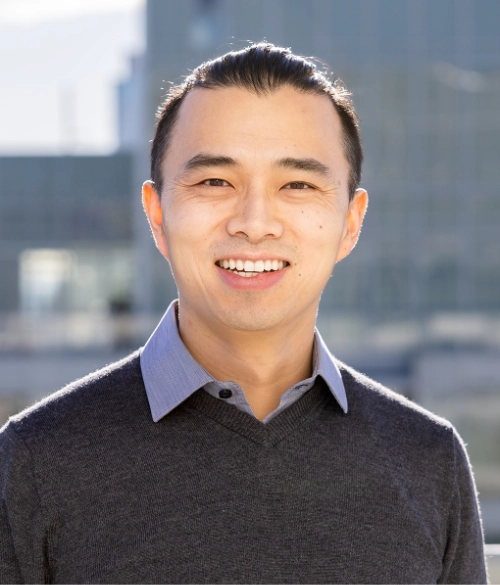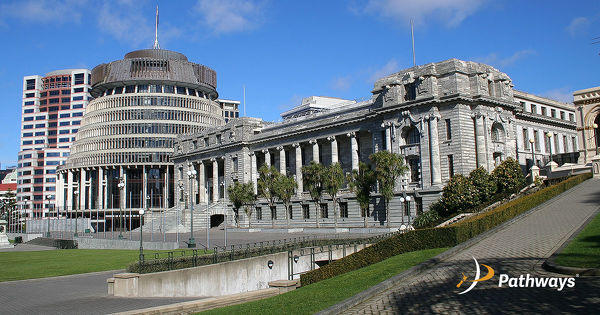Understanding the New H-1B Visa Rules: Insights from Boundless CEO Xiao Wang
In recent times, the immigration landscape has experienced significant changes, particularly concerning the H-1B visa program. Xiao Wang, the CEO of Boundless, has provided valuable insights into these new rules, which aim to streamline the process for skilled foreign workers seeking employment in the United States. This blog post will delve into these insights and discuss the implications of the new regulations on potential applicants.
What is the H-1B Visa?
The H-1B visa is a non-immigrant visa that allows U.S. companies to employ foreign workers in specialty occupations that require theoretical or technical expertise. This visa is crucial for many sectors, including technology, healthcare, and engineering. As we explore the new rules, it’s essential to understand how they impact both employers and prospective employees.
Key Changes in the H-1B Visa Rules
Xiao Wang emphasizes several critical changes in the H-1B visa process that applicants should be aware of:
- Increased Scrutiny: The USCIS office locator has indicated that applications will now undergo more rigorous reviews. This change aims to ensure that applicants meet the stringent requirements set forth by the Department of Homeland Security.
- Focus on Specialized Knowledge: The definition of what constitutes a “specialty occupation” has been narrowed. This means that applicants must now more clearly demonstrate that their qualifications align with the job’s requirements.
- Changes to Advance Parole: The rules around advance parole have also evolved, impacting how foreign workers can transition into permanent residency.
- Increased Fees: The new regulations include a hike in application fees, making it essential for employers to budget accordingly for H-1B sponsorship.
The Implications of the New Rules
The new H-1B visa rules have sparked various discussions regarding their implications for immigration and employment in the U.S. Here are some key points raised by Xiao Wang:
- Impact on Employers: Companies may face challenges in securing H-1B workers due to the increased scrutiny and fees. This could lead to a talent shortage in industries that heavily rely on skilled foreign labor.
- Opportunities for Legal Representation: With the complexities of the new rules, there is a growing demand for professional immigration services to help navigate the application process.
- Cultural Exchange and Diversity: The changes could hinder the cultural exchange that comes with hiring international talent, ultimately affecting workplace diversity and innovation.
Advice for Prospective H-1B Applicants
For individuals considering applying for an H-1B visa, it’s crucial to stay informed about these changes. Here are some strategies suggested by Xiao Wang:
- Thorough Documentation: Ensure that your application is comprehensive and includes all necessary documentation to support your claim of specialized knowledge.
- Engage with Legal Experts: Consulting with immigration attorneys or professional immigration services can significantly improve your chances of success.
- Stay Updated: Keep abreast of immigration news and developments, including updates from the USCIS and other relevant bodies.
The Future of the H-1B Visa Program
Looking ahead, the H-1B visa program will likely continue to evolve in response to the changing economic landscape and the needs of U.S. employers. As the immigration debate continues, it’s essential to consider how these changes might affect larger immigration reform news and policies.
Xiao Wang’s insights remind us that while the new rules may pose challenges, they also present opportunities for innovation in the immigration process. As we move forward, staying informed and proactive will be crucial for both employers and prospective H-1B applicants.
Conclusion
In summary, the new H-1B visa rules introduced by the USCIS present a complex landscape for foreign workers seeking employment in the United States. Insights from Boundless CEO Xiao Wang shed light on what applicants can expect and how they can best prepare for the challenges ahead. By understanding these changes and seeking professional guidance, potential applicants can navigate this evolving immigration landscape more effectively.
As we witness these developments unfold, it is crucial to stay engaged with immigration news and updates, ensuring that we are prepared for whatever changes may come next.










